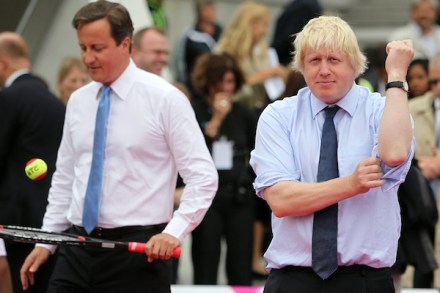Herbert’s ‘boring waffle’ betrays unease on police commissioners
‘That’s just boring waffle!’ shouted Evan Davis on Radio 4 this morning when policing minister Nick Herbert refused to give direct answers to his questions on the turnout expected in the police and crime commissioner elections. Herbert repeatedly argued that ‘any turnout will confer greater legitimacy’ than the current system of unelected police authorities. But his repeated refusal to pin down any figure for the percentage of voters who will trudge out of their homes on a cold and possibly rainy November evening to vote for the commissioners betrayed an unease about how well these elections are going to work out in practice. Herbert and his colleagues will know that a




















